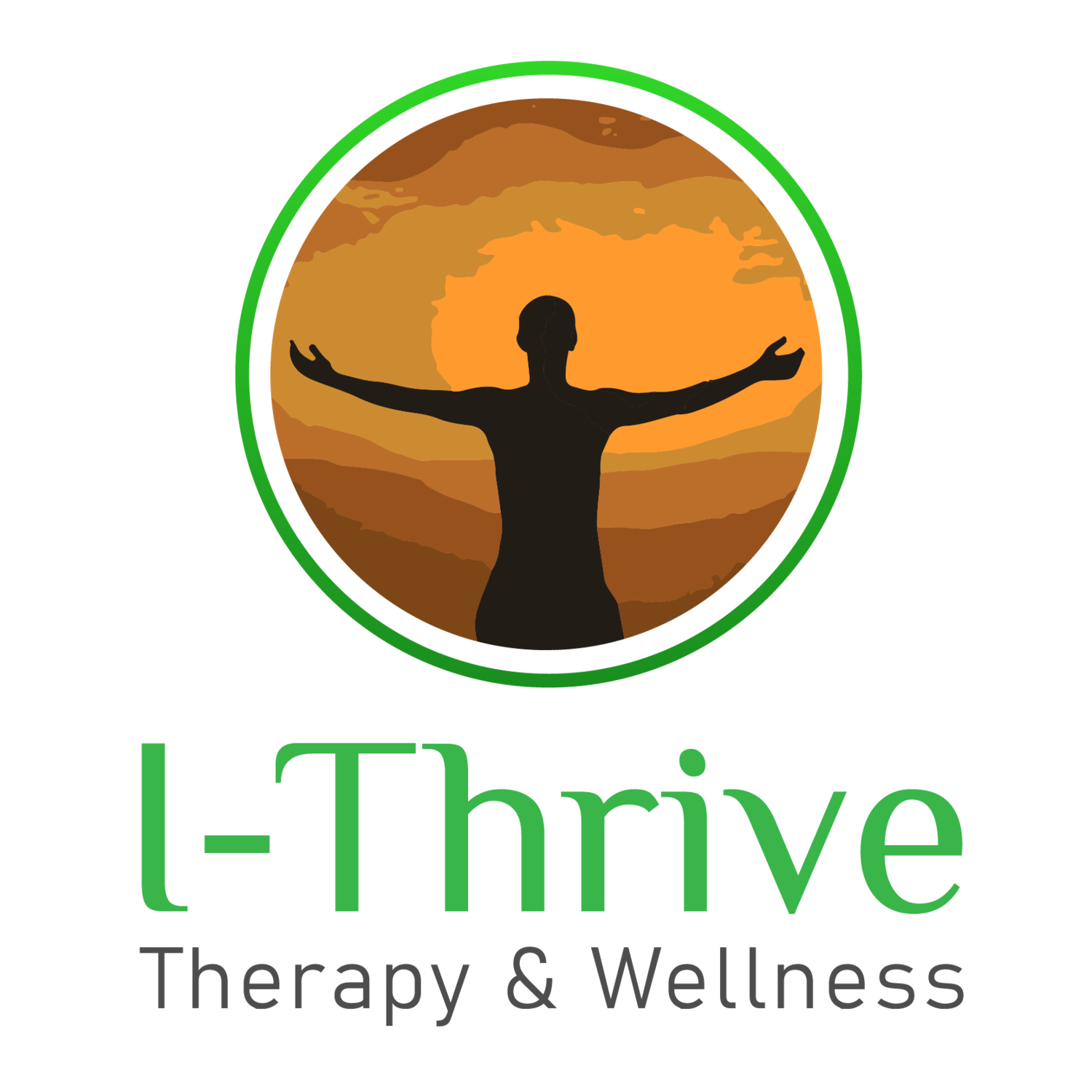Good Stress v. Toxic Stress
When you hear the word stress, you may automatically assume this means feeling emotionally strained, that the person is experiencing hassle to a point of distress and even at times great anguish. Well…yes, this is true for stress, the emotion also greatly known for causing physical tension. But, did you know there is such thing as “good stress” or also called positive stress? This is the kind of stress that is short-lived and the physiological responses that come with it do not de-motivate you and actually encourage healthy development. In other words, good stress helps you to put things in order, have you focus more on a task or re-prioritize some things (yes, while under pressure), but it does not trigger the type of physiological response that impairs our ability to cope with day to day life. In the end there is typically a positive outcome.
Some examples of good stress are:
Getting married
Going on a 7 day vacation and you have no clue what to pack
Starting a new job you have been excited about but a bit nervous
Learning a new hobby
On the other hand, “toxic stress” is exactly what it sounds like. It is the stress most of us are referring to when we are feeling triggered. The kind of stress that puts you on high alert, you feel threatened maybe, feel incapable, feel like you can’t deal (and maybe you can’t), it is unrelenting and lasts a longer period of time (day after day, week after week, month after month) and can impair your ability to function with the people around you, at work, at school and at home. Our response to toxic stress feels harmful. It can have you asking yourself “how in the world do I get out of this?” or have you convinced that “my life is over!”. It makes you want to quit.
Some examples of toxic stress are:
Experiencing abuse
Death of a loved one
Chronic pain / illness
Being incarcerated
Unemployment and you are the breadwinner for your family
We all experience good stress, we all experience toxic stress. Neither feel great to begin with, but one is more tolerable than the other and helps build character. The other, none of us are a fan of… How do you choose to manage your toxic stress?
Natasha Ewa, LCSW

